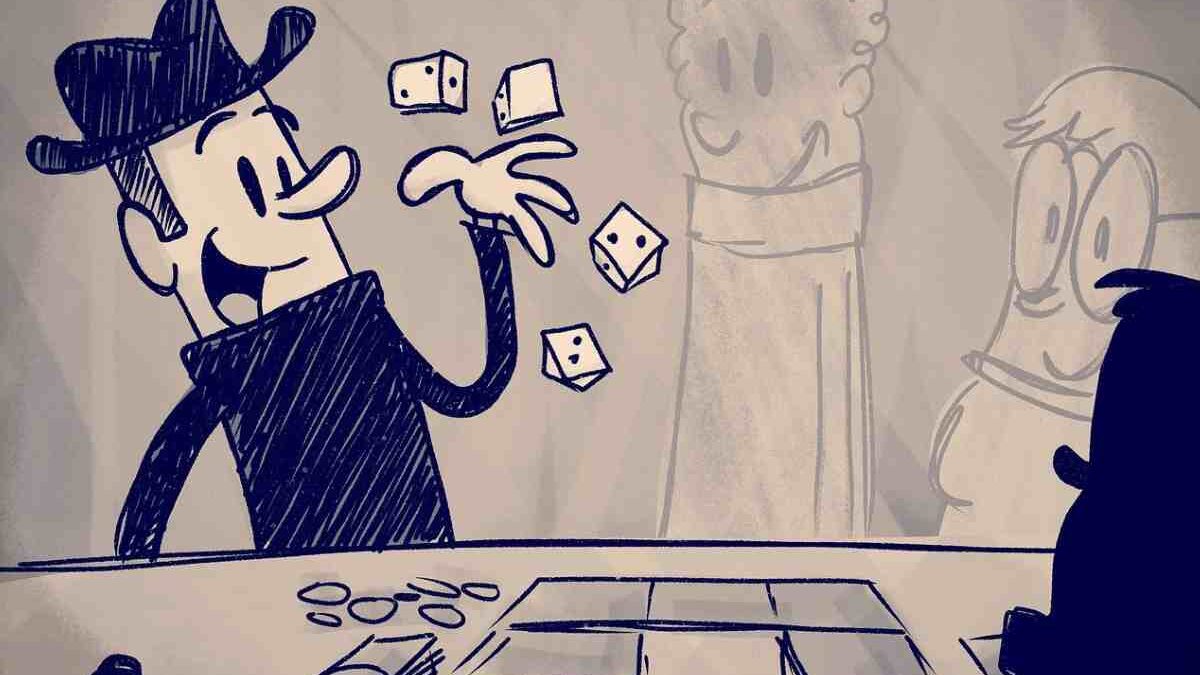Gamification has become an effective strategy used by many organizations worldwide to retain users and keep them engaged for as long as possible.
There are so many examples of this strategy being used effectively. Language learning apps, such as Duolingo, are perhaps the most famous and prominent ways in which the process is utilized. Players will need to complete levels to progress and advance, earning in-app rewards and prizes along the way. They can compete with friends and family using a leaderboard and achieve a level of competitiveness and enjoyment in the process.
However, it’s not just educational apps that have used gamification as a strategy. Video and mobile games have used it in their own way, with the betting industry perhaps among the most evident users of this technique as they begin to blur the lines completely.
How has gambling used gamification to blur the lines?
The gambling industry has been a key adopter of gamification as a technique to retain players and prolong their gaming sessions.
The Betway app is a prime example of how an operator has utilized an app to gamify its offerings, allowing players to compete in tournaments against one another, thereby enhancing the competitiveness that can be experienced. As players continue to want to be the best or appear as high as possible on leaderboards, they continue to place bets and play the games that rank them, thus generating more revenue for the casino.
In addition to leaderboards and tournaments, online casinos and sports betting sites now use missions, challenges, badges, and social features to make betting more engaging. These platforms often reward users for participation, not just for winning, mirroring the progression systems found in video games. This approach increases user retention and blurs the distinction between skill-based gaming and chance-based gambling.
Gamification has arguably been influenced by gambling, using some aspects and components that are synonymous with the latter. For instance, many of the prizes that can be won in-game or in-app through this strategy can be a potluck for players. They may not be predetermined, leaving an element of chance. As with gambling, games at casinos like Betway are not predetermined and are completely random. They both use algorithms, leaving players to hope they are lucky to receive the best possible rewards.
Has gamification caused a problem?
While most users will enjoy gamification processes due to the fun they can bring and how they can keep users engaged for longer periods, could there be issues or problems related to the strategy?
It is possible to suggest that gamification can illicit potentially dangerous behaviors, which can be experienced throughout gambling when players do not play responsibly. If they do not look after themselves and stay disciplined, it can cause harm.
There could be psychological dangers at risk, with players seemingly thinking they are playing a game and not realizing the other costs that can occur. Gamification can promote addiction, which can be hard to fight against.
When used correctly, it can be an effective resource for business. However, it can also pose a risk that may just blur the lines between apps, games, and gambling a little too much.

